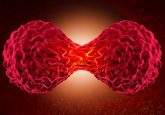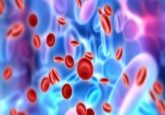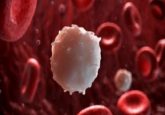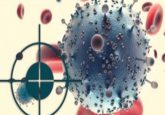Engineered ’smart bomb’ could target childhood leukemia
The first steps have been taken towards the development of a ‘smart bomb’ that could be used to treat B-lineage acute lymphoblastic leukemia (ALL), the most common and deadly form of childhood cancer.
In the study, recently published in EBioMedicine, the authors describe how the approach could prove lifesaving for children with ALL who have relapsed after initial chemotherapy, and for whom currently there is a <20% chance of long-term survival.
“We knew that we could kill chemotherapy-resistant leukemia cells if we only knew what made them so resistant. Once we determined the mechanism, the next step was obvious — to rationally design a drug that would take out that specific target,” explained Fatih UcKun, one of the lead authors of the study (Keck School of Medicine of the University of Southern California, CA USA).
The ‘smart bomb’ is designed to target a defective gene that results in the production of an abnormal form of the protein CD22, which causes cancer stem cells to proliferate and resist chemotherapy. The presence of this defective gene can impede the effectiveness of standard treatments for ALL recurrence, which includes ‘supralethal’ chemotherapy, total-body irradiation and bone marrow transplantation.
Initially, Uckun’s team designed synthetic pieces of genetic material, termed RNAi, which are able to shut down the defective gene that produces the abnormal CD22 protein. They then partnered with Jianjun Cheng’s (University of Illinois, IL USA) team of engineers, who developed a small polypeptide to act as a delivery system to send the RNAi to its target.
The ‘smart bomb’, at only 100 nanometers, is an example of the new generation of nanomedicines that hold the ability to target disease at a molecular level.
“The goal is to translate our recent research discoveries in nanotechnology and biotherapy into effective patient-tailored treatment programs for the most common form of childhood cancer,” explained Uckun.




